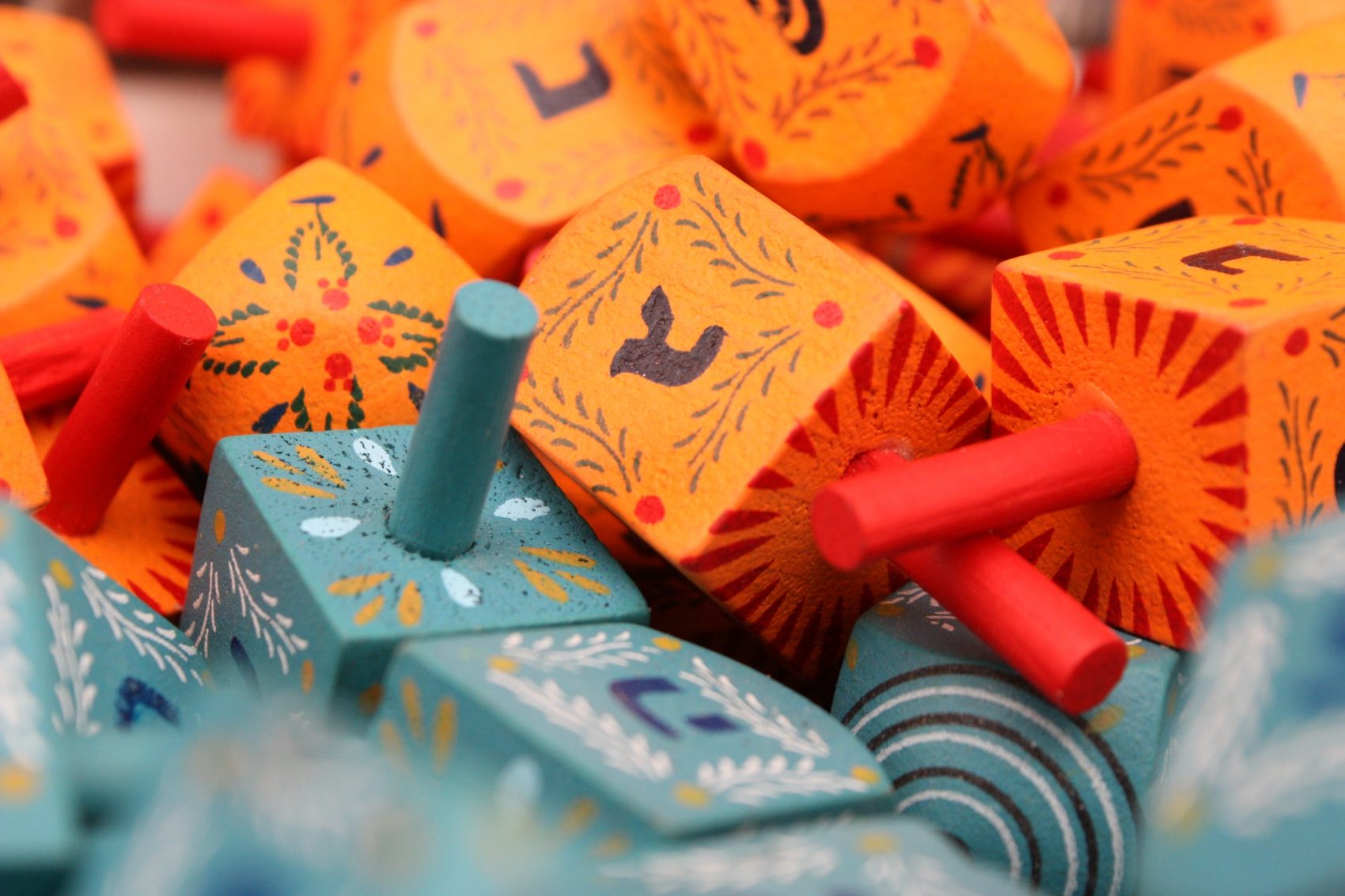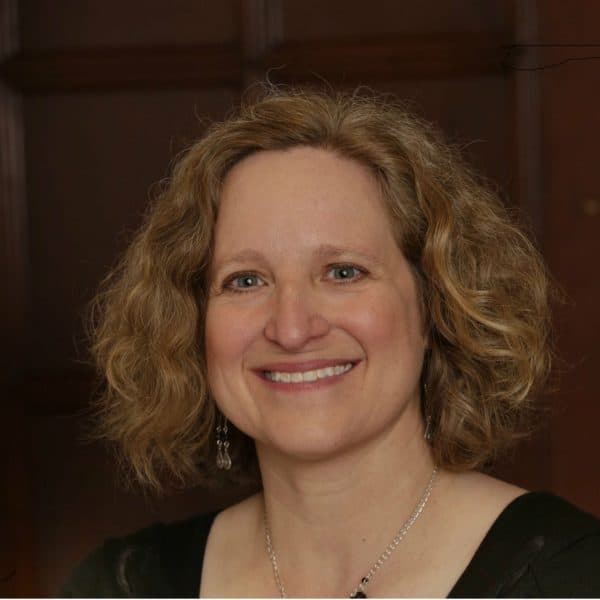Advertisement
Volunteering As 'Hanukkah Parents' Lets Schools Off The Hook

COMMENTARY
They carry tinfoil pans filled with steaming latkes and bags of wooden dreidels into elementary schools, as their own children squeal with delight. These Jewish parents tell the ancient story of how a tiny band of Jewish soldiers called the Maccabees defeated Syrian Greeks and stumbled upon a miracle when they found a tiny bit of oil that lasted eight days instead of just one.
It’s a time-honored tradition to be a “Hanukkah parent.” How could it be wrong? Moms and dads can build children’s pride in their Jewish identity by showing them it’s okay to talk about their faith in a Christian-majority school. They can help if the teacher knows nothing about Hanukkah, which starts Dec. 24 this year. They can counter the anti-diversity message President-elect Donald Trump recently sent when he announced “we are going to say Merry Christmas again” at a rally in Wisconsin. Not all of us do celebrate Christmas, though we still get plenty of Christmas greetings.
Learning about religion is an integral part of social studies and geography, even in elementary schools ...
But Jewish parents should think twice about bringing Hanukkah to their child’s classroom. I confess, a few years ago, I was a “Hanukkah parent” in my son’s kindergarten room. Another Jewish parent and I told the Hanukkah story and helped students decorate wooden dreidels. As soon as he saw me, my son jumped up and down and rushed over to hug me. He later blurted out things he knew about Hanukkah to his peers, like the names of the Hebrew letters on the dreidel, actually a top. At the same class gathering, a Hindu parent ran an activity on Diwali because both holidays fell around the same time that year.
I loved seeing my son’s enthusiasm about my presence and his Judaism. I don’t regret volunteering. But I wouldn’t do it again given what I know now after years researching how schools can — and should — teach about religions.
When parents offer themselves as instructors of our faith, we let schools off the hook and leave education about religion up to chance. Learning about religion is an integral part of social studies and geography even in elementary schools, and it’s especially critical now with increasing reports of hate crimes based on religion and race.
Putting the burden on parents of religious minorities, whether they are Jews, Muslims, Hindus, or Sikhs, to teach about their religious holidays is a haphazard approach. Some classrooms may have only Christians. Not every parent may be willing or able to give such a lesson.
We need to educate about holidays rather than celebrate them in school.
While some parents see themselves as boosting their children’s Jewish identity with such visits, others shy away. They do not want to further shine the spotlight on their child. My mother never offered nor was she asked to teach about Hanukkah in my elementary school, and I’m forever grateful. I was already singled out for being the only Jew and frequently told I was going to hell because I didn’t believe in Jesus.
Hanukkah has food and games, but it is not a secular celebration. Hanukkah, known as a festival of lights like Diwali and Christmas, is about more than spinning dreidels. The Maccabees were fighting for Jews’ right to worship the way they wanted. When parents share Hanukkah, Diwali or Ramadan, they are giving a lesson on a religion, and these sharing experiences often happen in isolation. It’s rare to see a Christian parent come in to tell the Christmas story and demonstrate how the family decorates the tree. Teachers welcome religious minority parents in to share their traditions, labeling them cultural activities. Sometimes, teachers offer these visits after complaints about a singular emphasis on Christmas. That’s missing the point.
We need to educate about holidays rather than celebrate them in school. Elementary schools should teach about religion, and teachers can find non-preachy resources to help. I’ve seen instruction on religion as early as first-grade, using the Core Knowledge curriculum, created by famed education researcher E.D. Hirsch. The curriculum, which is used in more than 1,200 private and public schools nationally, incorporates teaching about Judaism, Christianity and Islam as part of social studies in the first grade. Second-graders learn about Hinduism, and other religions are taught in upper grades.
But when I observed a lesson on Hanukkah in a first-grade class, it was the Christian teacher, not a Jewish parent, who brought in a menorah and dreidel as props for a lesson Hanukkah. She also taught the children about the holiest Jewish holidays, Yom Kippur and Rosh Hashanah. In lessons on Christianity, Easter and Christmas were on the menu. Ramadan and Eid were part of instruction on Islam.
Let teachers do the teaching about religion in public schools. As parents, we should keep the latkes, dreidels and menorahs at home.
